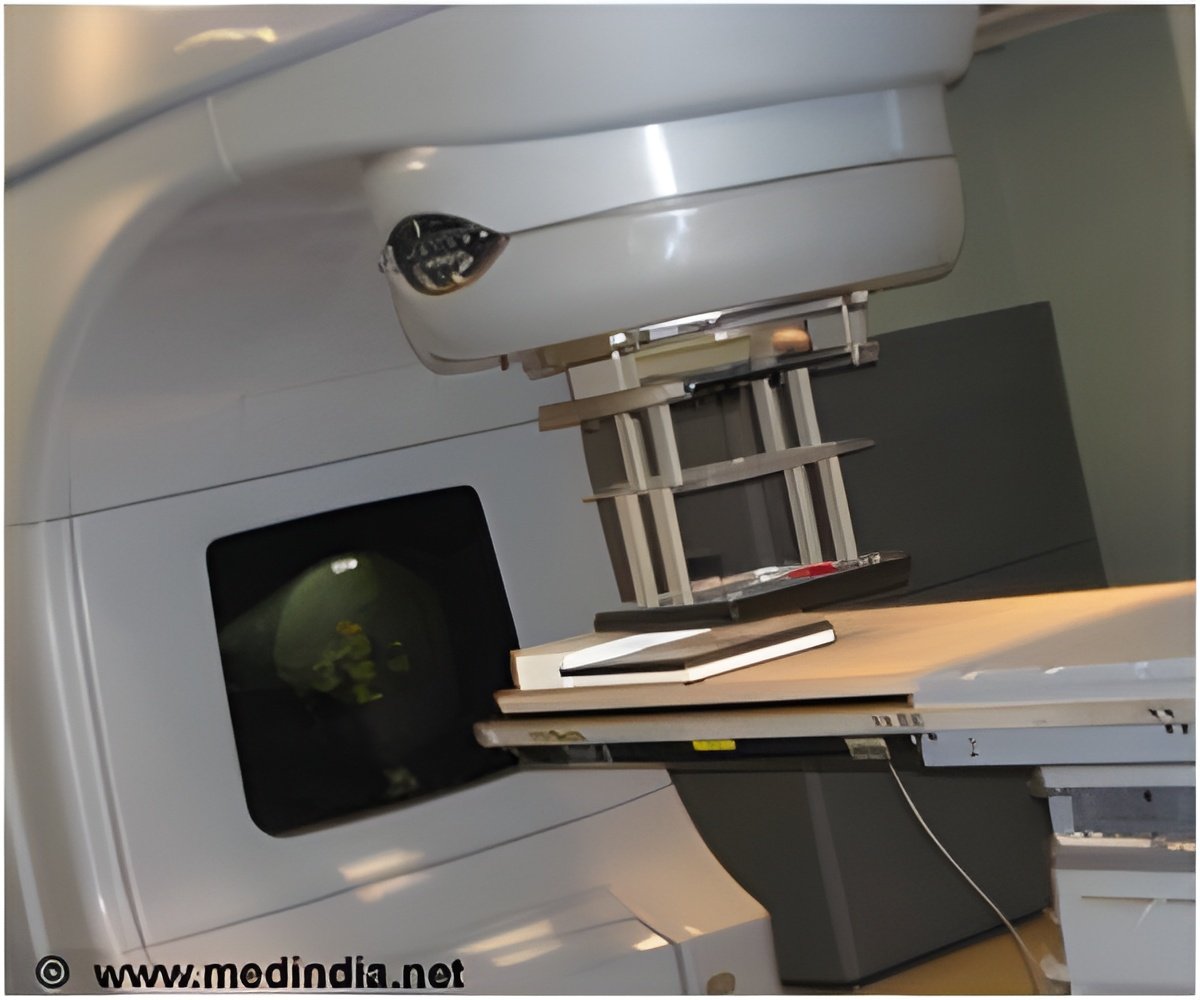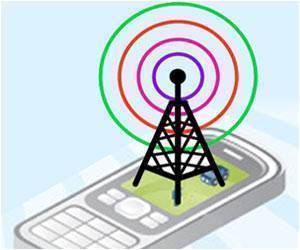
"This allows patients to make more informed decisions about the relative risks of radiologic examinations compared with the medical risk caused by refusing a recommended imaging procedure," said R. Edward Hendrick, PhD, lead author of the article.
To put doses and risks in perspective, the smartcard permits the comparison of effective doses from various radiologic examinations to natural background radiation levels. The smartcard also provides a color-coded scale categorizing risks of a fatal radiation-induced cancer and permits comparison to risks of death from other causes. Most estimates of cancer risk from the low-dose radiation exposures in the smartcard are based on the latest report from the International Commission on Radiological Protection.
"We recognize that there may be significant age-dependent and gender-dependent variations in both radiation dose and risk estimates. The Adult Dose-Risk Smartcard does not attempt to incorporate all of those variations but instead to communicate a representative estimate of effective doses and radiation risks to adults from various radiologic procedures," said Hendrick.
"Like other radiology departments, the University of Colorado Department of Radiology is dedicated to the goal of ensuring that patients undergoing diagnostic examinations receive the minimum radiation dose needed to yield a medical benefit," he said.
Source-Eurekalert












